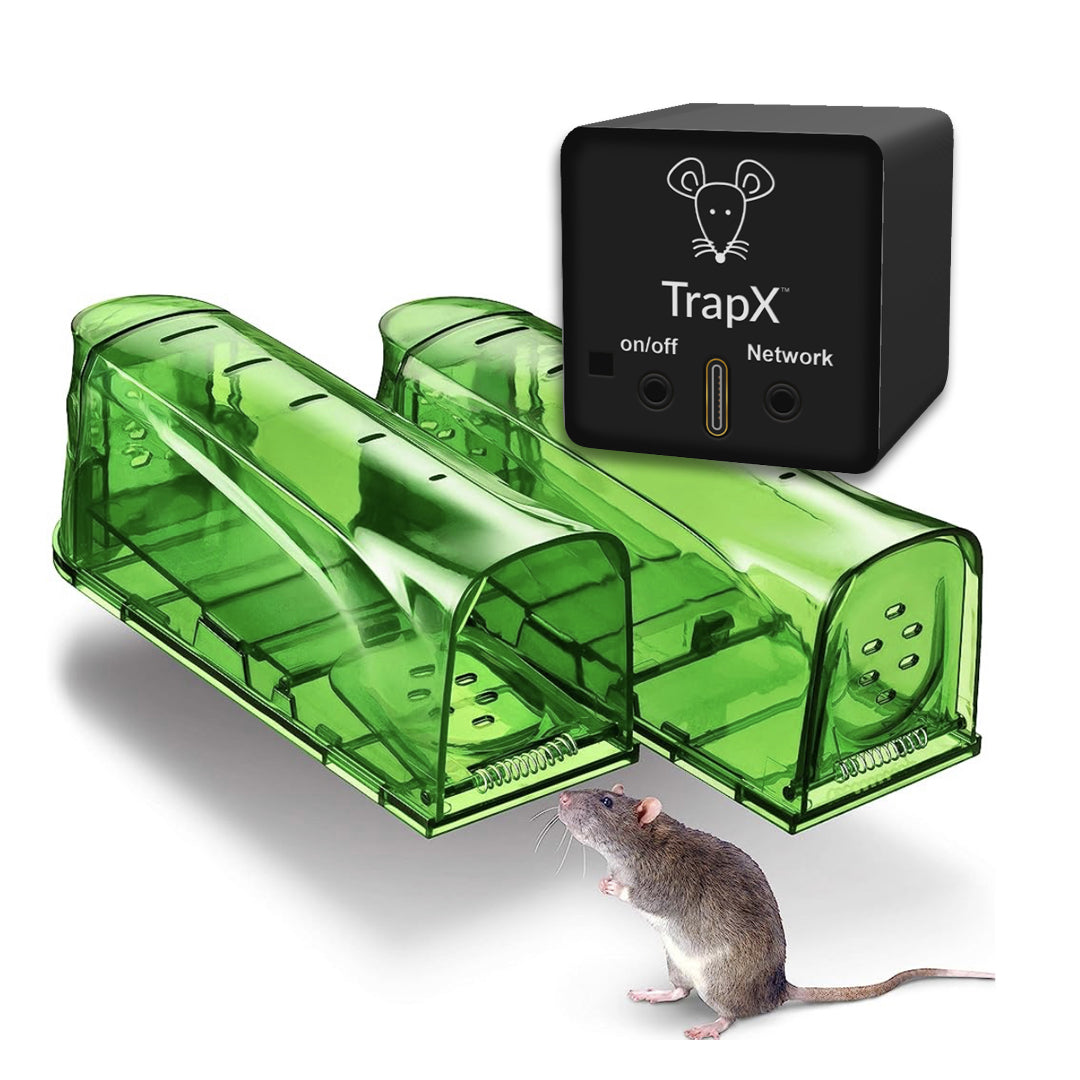Are you tired of dealing with pesky pests in your home? Whether it's ants invading your kitchen, spiders lurking in the corners, or rodents scurrying around, pests can be a major nuisance. Not only do they make your living space uncomfortable, but they can also pose health risks and cause damage to your property. That's why it's essential to take proactive measures to keep your home free from unwanted guests. In this ultimate guide to pest control, we'll explore effective strategies and tips to help you maintain a pest-free home.

Understanding the Importance of Pest Control
Pest control is the practice of managing and eliminating pests from your home or property. While some pests may seem harmless, they can multiply quickly and cause significant problems if left unchecked. Here are some reasons why pest control is important:
- Health Risks: Pests such as mosquitoes, ticks, and rodents can carry diseases and pose health risks to you and your family. For example, mosquitoes are known to transmit diseases like malaria, dengue fever, and Zika virus.
- Property Damage: Pests can cause damage to your property, including chewing through wires, burrowing in wood, and nesting in insulation. This can lead to costly repairs and potential safety hazards.
- Food Contamination: Pests like cockroaches and rodents can contaminate your food, leading to foodborne illnesses. They can also leave droppings and urine behind, further compromising your health and hygiene.
- Peace of Mind: Living in a pest-free home provides peace of mind and ensures a safe and comfortable living environment for you and your family.

Preventive Measures for Pest Control
Prevention is key when it comes to pest control. By implementing these preventive measures, you can significantly reduce the likelihood of pests entering your home:
- Seal Entry Points: Inspect your home for any cracks, gaps, or openings that pests can use to enter. Seal these entry points with caulk or other suitable materials to prevent pests from gaining access.
- Maintain Cleanliness: Keep your home clean and free from food debris. Regularly vacuum, sweep, and mop floors, and wipe down countertops to eliminate potential food sources for pests.
- Proper Food Storage: Store food in airtight containers to prevent pests from reaching it. This includes pet food, which should also be stored in sealed containers.
- Remove Standing Water: Pests like mosquitoes breed in standing water. Regularly inspect your property for any areas where water may accumulate, such as clogged gutters or birdbaths. Remove or treat these sources to eliminate breeding grounds.
- Trim Vegetation: Trim back trees, bushes, and shrubs that are in close proximity to your home. Overhanging branches can provide easy access for pests to enter your home.

Common Pest Control Methods
If preventive measures are not enough to keep pests at bay, you may need to employ additional pest control methods. Here are some common methods used to control pests:
- Chemical Treatments: Chemical sprays, baits, and powders can be used to kill or repel pests. It's important to follow the instructions carefully and use these products safely.
- Traps: Traps can be effective for capturing and removing pests like rodents. There are various types of traps available, including snap traps, glue traps, and live traps.
- Biological Control: Biological control involves the use of natural predators or parasites to control pest populations. For example, introducing ladybugs to your garden can help control aphids.
- Integrated Pest Management (IPM): IPM is a holistic approach to pest control that combines multiple methods, such as preventive measures, biological control, and targeted chemical treatments.
Hiring Professional Pest Control Services
In some cases, DIY pest control methods may not be sufficient to tackle a pest infestation. If you're dealing with a persistent or severe pest problem, it's advisable to seek professional help. Professional pest control services have the expertise, experience, and resources to effectively eliminate pests from your home. They can also provide ongoing maintenance and monitoring to prevent future infestations.
When hiring a pest control service, make sure to:
- Research and compare different companies to find one that meets your needs and budget.
- Check for proper licensing and certifications to ensure the company is qualified to handle pest control.
- Ask for references or read online reviews to gauge the company's reputation and customer satisfaction.
- Inquire about the methods and products they use, and make sure they are safe and environmentally friendly.
- Get a written estimate that includes the scope of work, cost, and any guarantees or warranties.
By following these guidelines, you can find a reputable pest control service that will help you eliminate pests and keep your home pest-free.
Conclusion
Pest control is an essential aspect of home maintenance that ensures a safe and comfortable living environment. By implementing preventive measures, employing effective pest control methods, and seeking professional help when needed, you can keep your home free from unwanted guests. Remember, early intervention is key when it comes to pest control, so don't hesitate to take action at the first sign of a pest problem. With these strategies in place, you can enjoy a pest-free home and peace of mind.
Jan01.chat.1pass.general public.pest controlAs an Amazon Associate, I earn from qualifying purchases.
